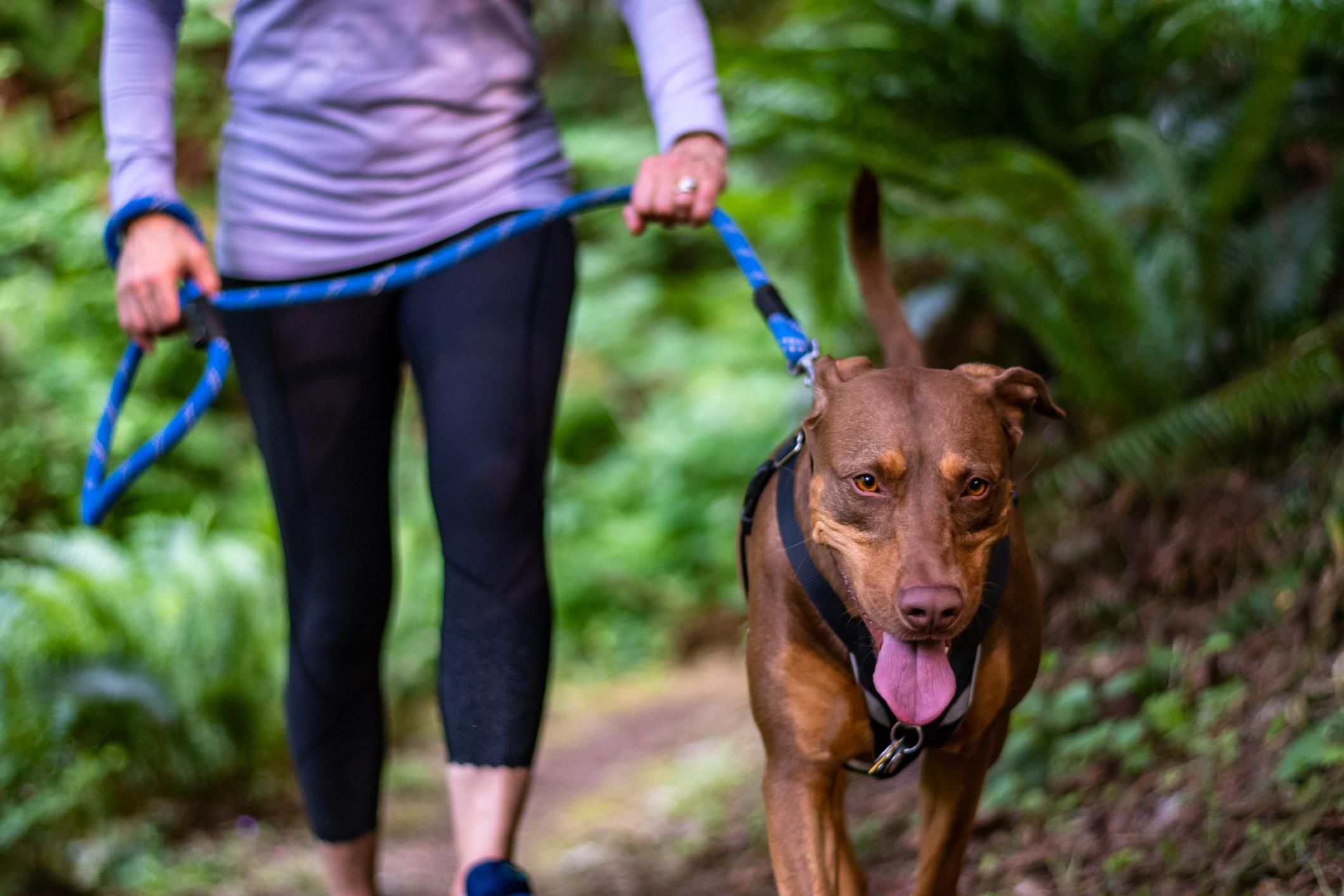I can't get the Tdap (tetanus, diphtheria, pertussis) vaccine — and I desperately wish I could. I'm one of a small group — less than one in a million people — who are severely allergic to the vaccine, which means I have to rely on herd immunity to keep me safe from diphtheria.
With herd immunity, a high percentage of vaccinations and/or previous illness in a community prevent the spread of that illness. When an infectious disease is unable to spread, even unvaccinated people like me are protected from it.
And because I'm also vulnerable to pertussis (whooping cough), I have to depend on others getting vaccinated to keep cases low. (There is no herd immunity against whooping cough, which affects between 10,000 and 40,000 people every year.)
Tetanus, a potentially fatal bacterial infection, is also a concern, and I have to remain vigilant to try to avoid contracting it.
Growing up, I wasn't as careful as I probably should've been about exposing myself to illness. What kid considers their own mortality? But when I grew up, the threat became more real. That's when I began to understand how my inability to get vaccinated could affect the people I love.
I was terrified during both my pregnancies. Women are advised to get a Tdap vaccine during pregnancy to lower their baby's risk of developing whooping cough, which can be fatal, after birth. But I didn't have that option, so with each pregnancy, I was putting my unborn child at risk. As if new moms don't have enough to worry about!
My fear of infecting someone I love reached an all-time high last year, when I was caring for my mom while she battled brain cancer. I was so worried I'd catch whooping cough and give it to her. The thought that I could make her even sicker than she already was, or even kill her, was devastating.
These days, my lack of immunity is always somewhere in my mind. It makes me feel exposed, like being out in the freezing cold without a hat.
Before COVID-19, I was a bartender, so I came into close contact with a lot of people (and their dirty glassware), which put me at risk for contracting numerous infectious diseases. When not working, I loved to hike in the woods with my dogs (and still do). But even when I'm in the middle of nowhere, I don't feel safe. What if I step on a rusty nail and get a tetanus infection? People who are able to get the Tdap vaccine don't have to worry about lockjaw, but I do.
Aside from washing my hands and watching my step, there's not much I can do to protect myself from getting sick. I have to rely on other people to get vaccinated so I don't catch diseases like tetanus, diphtheria and whooping cough.
Hearing about outbreaks in unvaccinated communities scares me. If that were to happen in my own community, I'd be among the first to get sick. Most people got the Tdap vaccine when they were babies, so they have a lifetime of immunity built up. I have nothing.
I also worry about diseases that were eliminated in the U.S. coming back, the way measles did last year in some communities with low vaccination rates. When I hear about places where so many people opt out of vaccines that herd immunity disappears, I feel frustrated and confused. It's hard for me to wrap my head around the idea of people deliberately avoiding something I'd give anything for. It's like a slap in the face — to science and to me.
Kimbra Pierce
The reason I can't get the Tdap vaccine is that when I got it as a child, I had an incredibly rare severe reaction. Even so, I had no hesitation in getting my own kids vaccinated. Of course I was concerned that they'd inherited my allergy, but I knew the odds.
What happened to me affects less than 0.0001% of people who get the vaccine, which is less than one in a million people. Compare that to more than 15,000 pertussis cases in 2018. The risk of my children getting sick far, far outweighed any risk of reaction to the vaccine, especially since I was unable to get vaccinated during my pregnancy and transfer protective antibodies to them.
Neither of my girls has ever had a problem with vaccines.
If I could say only one thing to people who are on the fence about getting vaccinated, it would be this: I get it. If anybody understands fear of reactions or side effects, it's me. And I remember the pain of holding my babies while they got their first shots. But I know that having my children vaccinated is the best thing I can do to protect them, to keep them safe.
I also understand people wanting to have bodily autonomy and wanting that for their children. But it's not just an individual decision. Your choice affects your community. It affects me.
Living in a world where preventable, mostly eliminated diseases can resurface is far scarier to me than the extremely rare risks associated with vaccines. In spite of my allergy to Tdap, I still get every other vaccine I can. I hope others will, too.
This resource was created with support from Merck and Pfizer.


